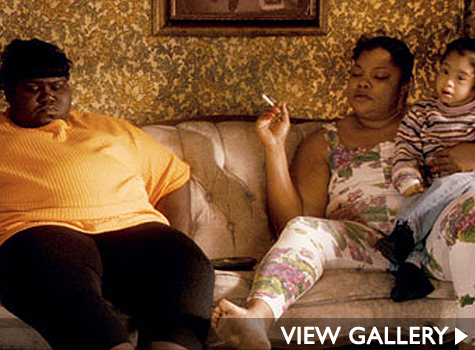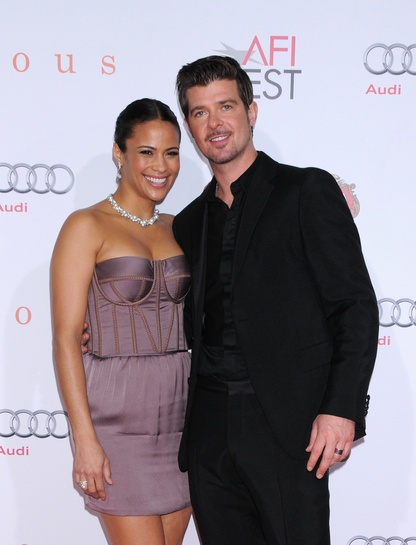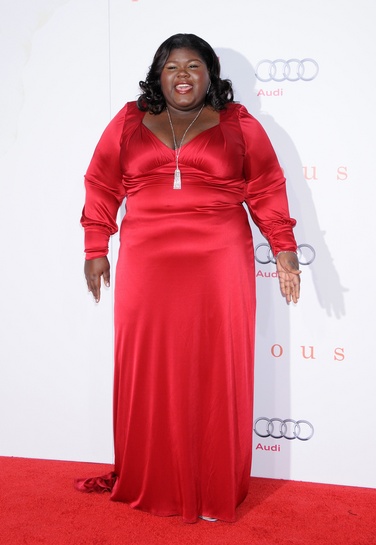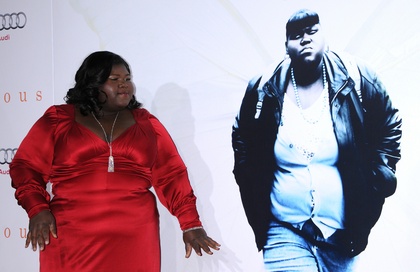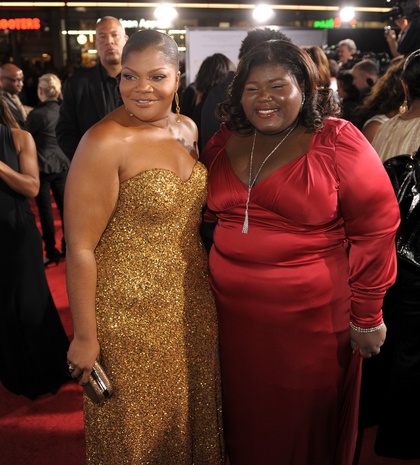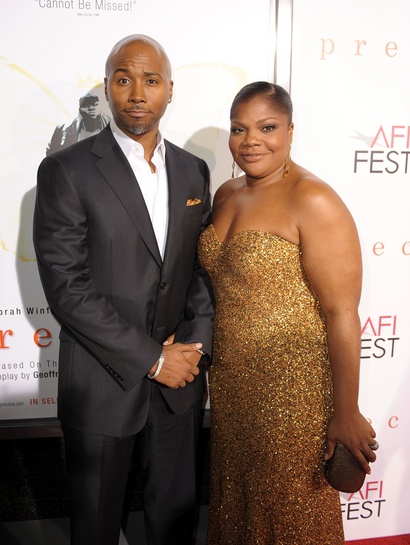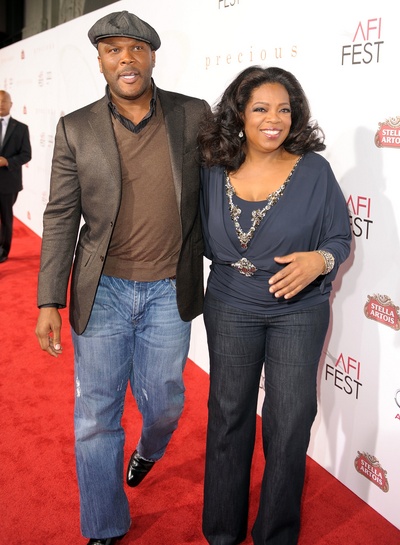 I have to admit to increasing anxiety tonight as I prepared for the screening room to darken. I was there to view the movie “Precious” and my stomach was in knots. What I had heard and read emphasized a dark, depressing sordid tale of incest, brutality and complete evil. Who is ever in the mood for that?
I have to admit to increasing anxiety tonight as I prepared for the screening room to darken. I was there to view the movie “Precious” and my stomach was in knots. What I had heard and read emphasized a dark, depressing sordid tale of incest, brutality and complete evil. Who is ever in the mood for that?
As it turns out, this movie took me on an emotional roller coaster ride that was not all unpleasant. Despite a heartbreaking plot that makes you re-examine every harsh word uttered at anyone that you love, especially a daughter, I felt like I was privy to insider information about the life of an incest survivor. Survivor is the key word. But can we talk about incest?
In the Black community, we tend to keep our secrets held tightly to our chests, without realizing that secrets are meant to be dislodged. Incest is defined as unwarranted or wanted sexual contact between an adult and a minor who are so closely related that a marriage would be illegal, any touching of sexual parts, sexual staring or verbal invitations, photographing or inappropriate exposure. All of these sickening exposures may remain underreported because of guilt and shame from the victim and their witnesses.
Some researchers estimate that up to 20 million Americans have been victims of parental incest as children. It is also
presumed that the prevalence of incest in Black families is a bigger issue than authorities are aware of because of our own protection of ‘family business’, a fear of legal consequences, and the minimization of active complaints to social services because of institutional racism with a tendency for some workers to brush complaints off.
Up to three-quarter’s of incest victims are girls. There is a significant likelihood that these girls will grow up to have low
self-esteem, have sexual dysfunction, report difficult social relationships with partners, have depression and are at risk for substance abuse.
Households with a history of incest behavior show some commonalities. There may be a confusion of boundaries and roles, poor impulse control (with possible drug abuse) within the home, generational abuse, families that are socially
isolated, a weak mother, and a rigid, restrictive “father figure”.
We have to open our eyes to the possibility of incest within our community. As mothers, we can not allow or tolerate any man or boy to sexually violate our children. Loneliness is not a substitute for what’s right. If you suspect something ‘shaky’ happening under your roof, get him out immediately.
We can break the cycle of abuse, by encouraging individual or family therapy for those who need it. Tyler Perry
recently released his burdens by telling his story on his website.
We need those kind of public admissions to put a face on a brave survivor.
Let’s take the dialogue out of the cinema. Incest in our community needs to be discussed and ended.
Our children are too precious.
-Dr. Janet

![Da Brat Marries Judy Dupart on 2.22.22 [PHOTOS]](https://hiphopucit.com/wp-content/uploads/2022/02/1645669184565-440x264.jpeg)
![Drake Reveals Photos of His Son Adonis [Photos]](https://hiphopucit.com/wp-content/uploads/2020/03/Drake-and-on-Adonis-HHUCIT.jpg)
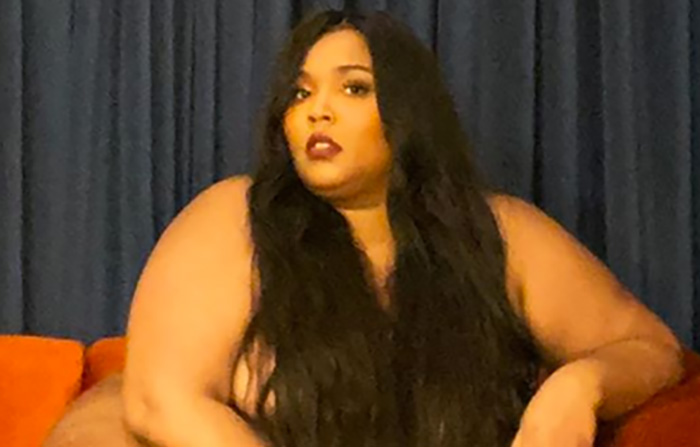
![Megan Thee Stallion – “BOA” [NEW VIDEO]](https://hiphopucit.com/wp-content/uploads/2024/05/Megan_Thee_Stallion___BOA__Official_Video__1_12_screenshot-440x264.jpg)
![Doechii Feat. JT – “Alter Ego” [NEW VIDEO]](https://hiphopucit.com/wp-content/uploads/2024/05/Screenshot-of-Doechii-and-JTs-Al-440x264.png)
![Young Thug Feat. Drake Drop – “Oh U Went” [NEW VIDEO]](https://hiphopucit.com/wp-content/uploads/2023/07/Young-Thug-and-Drake-1014x570-1-440x264.png)
